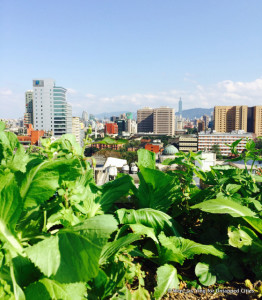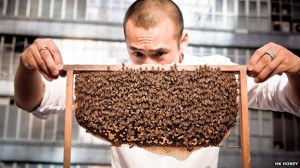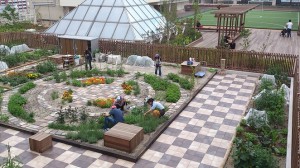by IAN CLOVER, PV Magazine, June 26 2014

The 29 MW project will connect to Japan’s grid and also provide emergency power in the wake of natural disasters
Photo: NexPower
Source: www.pv-magazine.com
The Tokyo-based distributed power generation company has partnered with Beisia Corporation to fit 33 buildings with rooftop PV systems totaling 29 MW.
The Solar Power Network (SPN) Japan has today announced a partnership with Beisia Corporation to install 29 MW of rooftop solar PV across 33 buildings in greater Tokyo and the Chuba region of Japan.
The Tokyo-based distributed power generation company will design, build and operate the facilities, which will be installed across 33 buildings owned by Beisia.
Combined, the systems will add 29 MW of PV capacity to the Japanese electricity grid and will be eligible for contracts under the country’s feed-in tariff (FIT). Beisia has pressed for the systems in order to meet obligations it is signed up to under a disaster relief obligation created in the wake of the 2004 Chuetu Earthquake and the 2011 Tsunami. Power provided by these solar rooftop arrays will form part of the emergency supply in the wake of another natural disaster.
Once operational, the rooftop installations will provide enough solar energy to power 9,250 local households each year, mitigating the effects of 680,000 metric tons of carbon dioxide emissions in the process. SPN CEO and president, Peter Goodman, remarked that solar power is a reliable source of emergency energy in the wake of a natural disaster, and applauded Beisia’s efforts to ensure relief for communities during such disruptions.
“One of SPN’s primary goals is to provide clean energy to local communities,” he said. “SPN is proud to support Beisia in its initiative to move forward with its disaster relief scheme using renewable power. It is a great honor and pleasure for SPN to be part of such a visionary program that includes 33 solar power facilities.”
The first of the 33 systems will be operational before the end of 2014, according to SPN, with a further 17 coming online before summer 2015.


